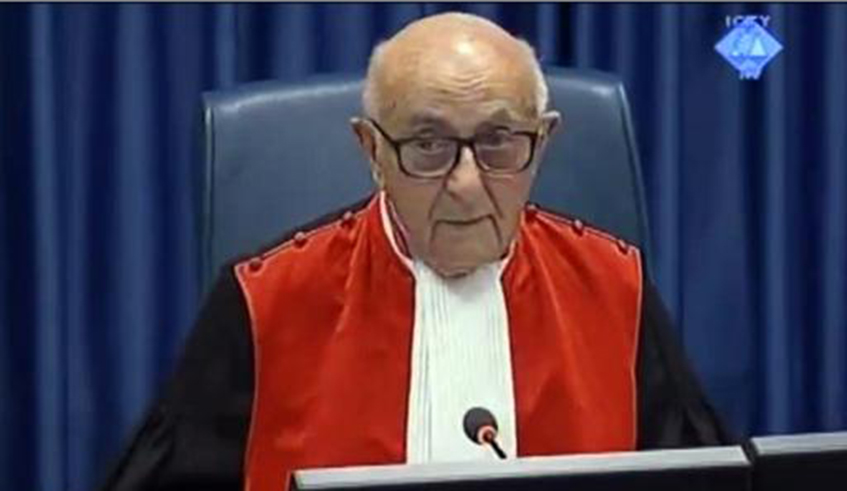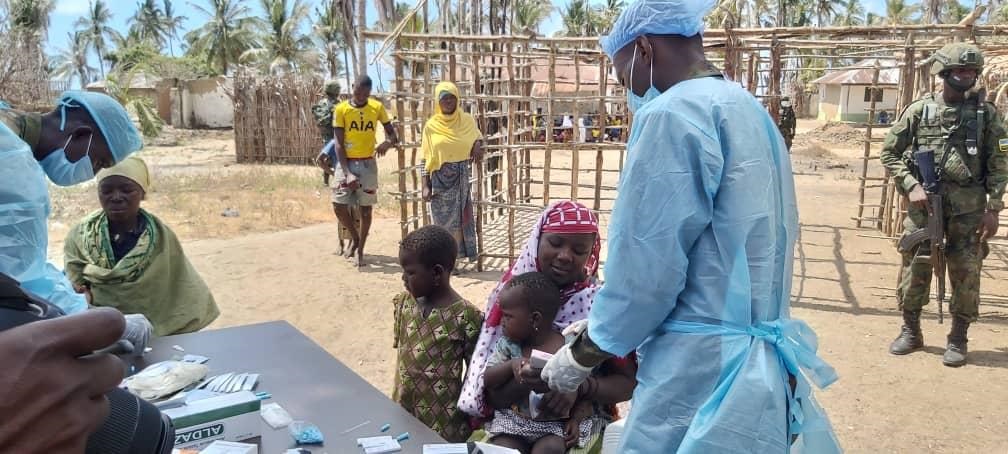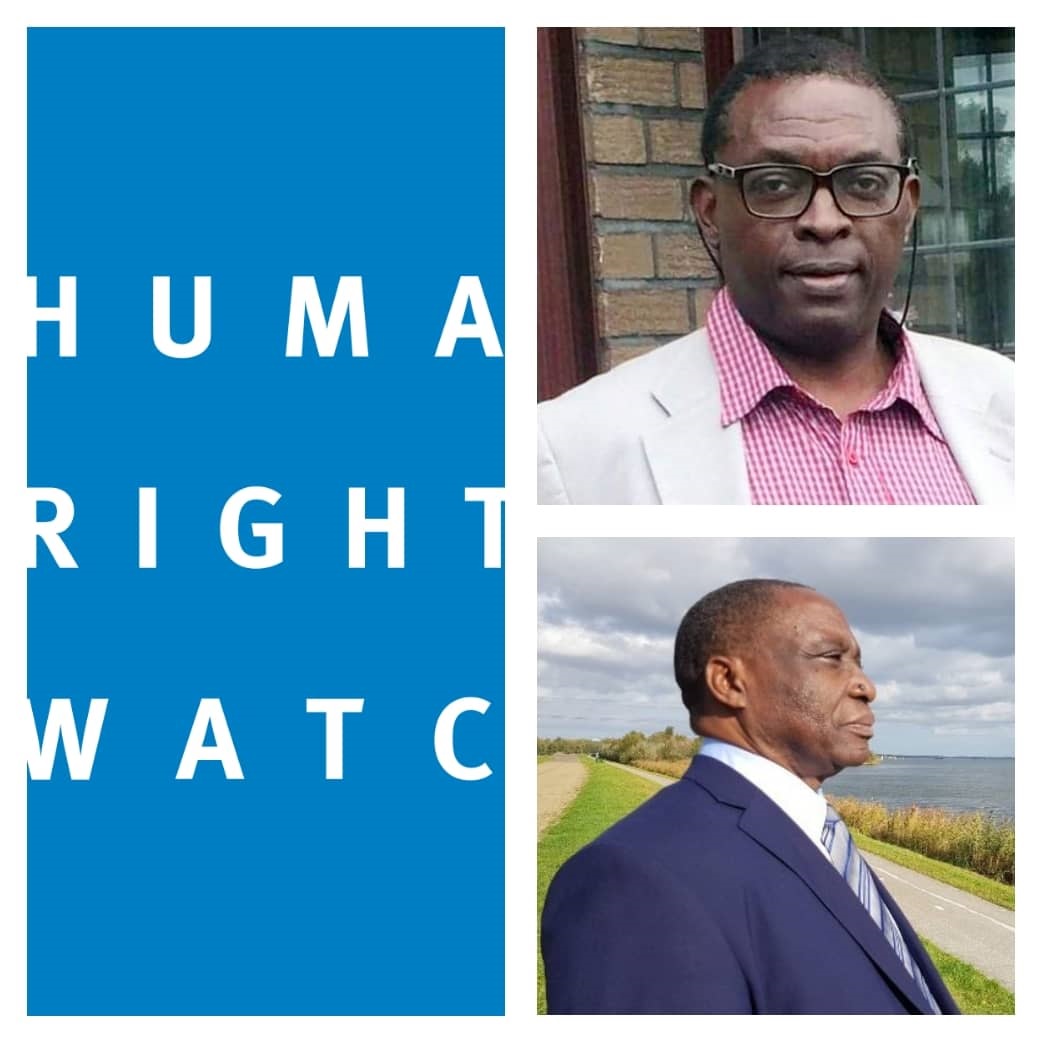International
Theodor Meron, the Judge who disgraced himself by freeing mass murderers

During
Judge Theodor Meron’s tenure as President of the International Residual
Mechanism for Criminal Tribunals (MICT), there was no big difference between
the crime of genocide and other crimes that people commit for which they are
temporarily jailed and later return to the community where everyone is expected
to move on with their life.
Between 2012 and 2019, Meron granted early releases to some of the architects of the 1994 Genocide against the Tutsi that led to the deaths of over a million people. Rwandans witnessed, painfully and powerlessly, as Meron repeatedly escaped accountability for freeing unrepentant convicted genocidaires before they served their full sentences. His actions enormously oppressed genocide survivors who had provided key testimonies that enabled the UN tribunal to deliver its verdicts.
By 2019, out of 21 convicted genocidaires that had been set free from jail, Meron granted early release to 13 of them, including Ferdinand Nahimana, the chief propagandist of Hutu Power, a racist ideologue and the inspiration behind the hate-radio, RTLM. Nahimana planned the fake news bulletins used to incite hatred and murder of the Tutsi and was the main ideologue and propagandist behind the genocide.
According to the government of Rwanda, “Judge Theodor Meron cemented his legacy of undermining international criminal justice” by granting reductions in sentences at the ICTR Appeals Chamber, and early release to convicted genocidaires, “with no regard for the victims and survivors.” From the legal perspective, the ICTR statute has no clause that provides for the release of genocide criminals after completing two-thirds of their sentences.
In addition to the lack of legal basis, Meron’s unchecked, underhanded unilateral process of early release, unequivocally decried by the government of Rwanda as a “judicially-invented creation”, was run without consulting those mostly concerned, particularly genocide survivors.
In view of the unsubstantiated basis of the two thirds standard and an obscure decision making process, there is absolutely no positive way to look at it other than as a mockery to the “crimes that shocked the conscience of humanity,” for which they were convicted by the ICTR. To the victims and survivors of genocide, besides the small sentences that were imposed on the masterminds of the 1994 genocide, it was appalling and an absolute betrayal to see their tormentors granted early release without any other consideration whatsoever.
The government of Rwanda and genocide survivors’ organisations expressed outrage and demanded a public hearing so that objections from survivors of the genocide could be heard. They argued that MICT must take into account the gravity of the offense, the interests of survivors, and the prisoner’s demonstration of remorse.
Ultimately, the pleas of genocide survivors as well as arguments of the government of Rwanda led the UN Security Council to encourage the MICT to consider an “appropriate solution” given the concerns about the approach to early release of people convicted by the ICTR, a clear indictment of Meron and his insensitive decisions.
When Judge Carmel Agius replaced Meron as President of the Mechanism, in January 2019, things started to change, for the better, as he took more seriously the significance and process of early release of genocide criminals, particularly by adopting a doctrine of viewing early release as an exception reserved for special cases and based on compelling justifications such as genuine remorse, rather than Meron’s 2/3 robotic threshold.
Linda
Melvern, a British investigative journalist who has extensively researched and
written on the circumstances of the 1994 genocide, observes that not only did
Meron have a final say about early releases, but it was Judge Meron who largely
devised the rules under which this procedure operated.
The
original rules governing early release for Rwandan génocidaires were initially
chosen by judges at the ICTR, but for some reason Meron changed these rules in
June 2012. In so doing, Melvern has observed, Meron removed the right of the
Government of Rwanda to have any role at all.
Last
week Meron announced his resignation from the Mechanism as of November 17,
2021. The related statement doesn’t say if he has any regrets for his cavalier
attitude toward genocide survivors, but in any case, his departure was long
overdue, and it should not have been his to make.
He
will not be missed.






